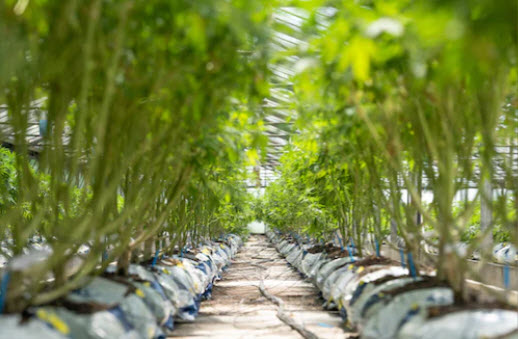Ten days ago, Federal Health Minister Karl Lauterbach confirmed that his ministry will present a “very good solution” for recreational cannabis reform in the first quarter. But what does this mean?
Despite all the naysaying and attacks by the CDU (particularly from Bavaria), the German government seems determined to move forward not only with a report about the impact of cannabis legalization, but also release the first draft of a long-awaited recreational cannabis legalization bill.
Federal Health Minister Karl Lauterbach also seems confident that the EU will approve this draft including in recent statements. That will not happen overnight. Presumably, however, it will occur sometime in the summer of 2023.
And again, if all goes well, German federal politicians are likely to approve the bill in the fall of 2023.
Assuming all goes according to plan, what is then likely to happen?
A Delay on Market Start…But What About Decrim?
Given the amount of time that German politicians have spent in both Canada and US state markets, not to mention common sense, there is going to be a delay between the time the legislation passes and specialized shops actually open, even if at first the only shops that can sell recreational cannabis are pharmacies. Plants must be grown, for starters, and licenses created and bought, as well as the process for allowing the sale of these permits in the first place.
“Synthetic” cannabinoids will almost certainly be banned from the get-go, as will advertising, and that presumably, will also include isolates like Delta 8.
There will also be an age limit (18). And, unlike the US, several different kinds of labels including product information and potential health warnings.
All told, there is no way that Germany will allow the start of a recreational market with commercial outlets before 2024.
But what happens in the meantime to all those who are not interested in non-commercial production – i.e. namely for themselves?
There is every likelihood that home cultivation – the amount that has been bandied around is three plants – will be allowed from the passage of the legislation this year. Technically and legally, there is little way to prevent it. Or, more importantly, prosecute it – especially if the number of plants falls somewhere close to 3 (or whatever the number of plants allowed).
This means that cannabis, in all likelihood, will effectively be decriminalized in Germany this year.
This will also allow prosecutors to drop every simple possession case then pending – and will put a big wrench in anyone’s small grow operation that has been busted – especially if they can prove medical use.
A Domestic Market First
Because of international treaties, the EU is unlikely to allow an internationally traded and import market for recreational cannabis of (eventually) a higher THC level than 0.03% – in line with new European regs on the subject. See the KanaVape case, and etc.
This means that the recreational market has to be seeded here. Unless it is grown indoors, there is only one growing season here.
This means that there will (inevitably) be a plethora of projects that get underway (as well as already launched) from cannabis clubs to commercial grow spaces.
However, don’t expect this to be uncontroversial either. Even in famously laissez-faire Holland, the neighbors protested loudly when they found out that they might be welcoming a pot farm into the hood as the country set up ten licensed cultivators for national distribution.
Holland, in fact, is a very good reference point for what is probably about to happen in Germany. Far more than Switzerland, where only “known” pot users can sign up for highly limited state studies and controlled markets.
Expect to see, as a result, as soon as the legislation passes here, a boom in “pot projects.”
Most of them won’t be viable. Some of them might be. None of them, it is guaranteed, will survive the transition unchanged.
No matter what, raising money for such enterprises is also going to have its challenges, even though banking is not an issue. There might be a firm or two that also goes public, but given the current temperature in Frankfurt, that too is likely to be challenging.
What Happens to The Domestic Medical Market?
There are two schools of thought about what is going to happen to the established medical market companies.
The first is that they will diversify. This will also mean that they can use their infrastructure to expand their product offerings, maybe even through the dispensaries they serve now.
The second is that they will sell more medical products as cannabis will not be classified as a narcotic of last resort anymore. Good luck with that one at least in the short term. If there is one thing that legalization seems to repeat, it is expect the unexpected, and even obvious things take far longer than they should.
Will There Be Fewer Prosecutions?
Again, this is a total unknown. It could be that local prosecutors decide to use the guidelines established by the new legislation to crack down on all their “favorite” local potheads (see Bavaria). However, what this period will also do, inevitably, is create locally prosecuted case law that will help define, at minimum, state standards where they differ from federal guidelines.
Will there be pot shops in all of Germany’s major cities and most of the minor ones, along with towns and hamlets across the country? Yes. But getting there is bound to be bumpy. Even for those who claim to speak for or represent the “real” industry.
No matter the details or milestones actually achieved this year, German cannabis appears to be more or less on path if on a slightly slower timeline. It is overdue.









